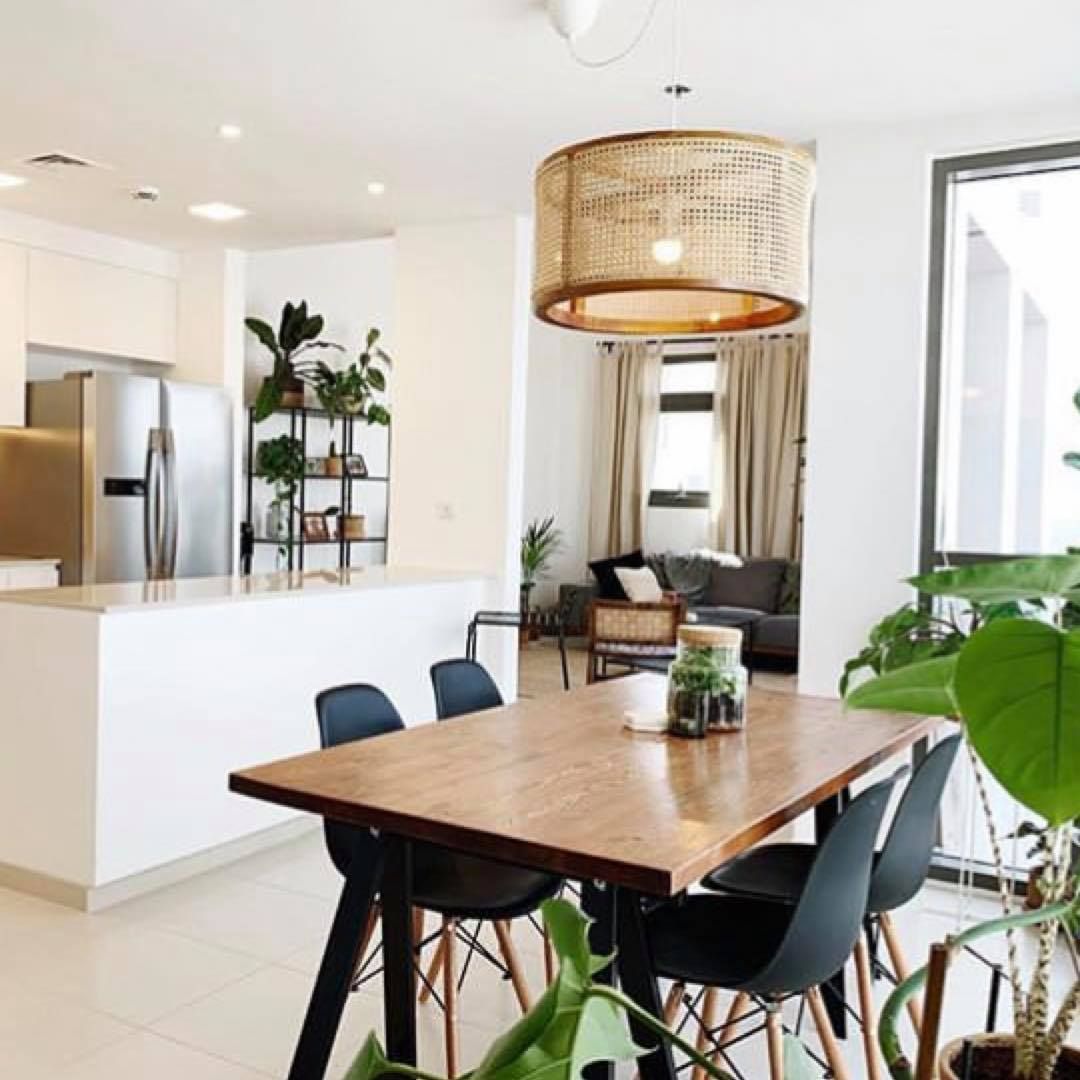Perfect Your Dining Ambiance: Discover the ideal lighting solution to elevate your dining experience, from intimate family dinners to grand celebrations.
Illuminating Your Dining Space: Choosing the Right Fixture
Picking the perfect dining room table light can transform your space. It’s the jewelry of the room, adding that final touch of elegance and functionality. This guide illuminates everything you need to know, from choosing the right style and size to expert installation advice. Looking for additional seating options to complement your dining area? Consider a dining room banquette for a cozy and stylish feel, or a dining room bar for a more casual and social setting.
Types of Dining Room Table Lights
- Chandeliers: These statement pieces bring drama and sophistication, especially to rooms with high ceilings. From classic crystal designs to modern geometric shapes, a chandelier commands attention.
- Pendants: Versatile and adaptable, pendants come in countless styles, from single fixtures to multi-light clusters and linear suspensions. They work beautifully in rooms with standard ceiling heights.
- Flush Mount & Semi-Flush Mount Fixtures: Perfect for lower ceilings, these fixtures provide ample illumination without sacrificing headroom. They offer a minimalist aesthetic and come in various styles, from sleek and modern to ornate and traditional.
- Table Lamps: Don’t underestimate the power of a well-placed table lamp! They can complement overhead lighting or serve as the primary light source in smaller dining areas, creating a warm and inviting glow.
Sizing Your Light: Finding the Perfect Fit
Size Matters: Discover the ideal dining table light dimensions based on table size, ceiling height, and room dimensions for a perfectly balanced look.
Getting the size right is crucial. A fixture that’s too small can look lost, while one that’s too large can overwhelm the room. Here’s a breakdown of key considerations:
Room and Table Dimensions
- Room Size: A large room can handle a more dramatic fixture, while a smaller room requires a more proportional piece.
- Ceiling Height: Chandeliers thrive in high-ceilinged rooms. For lower ceilings, opt for flush or semi-flush mounts to avoid a cramped feeling. Higher ceilings may require longer hanging chains or rods for pendants and chandeliers.
- Table Shape & Size: The fixture shape should complement the table shape. Round tables pair well with round or similarly shaped fixtures, while rectangular tables benefit from linear fixtures. The fixture’s diameter or width should be proportional to the table size. The American Lighting Association (ALA) suggests a fixture 12 inches narrower than the shortest side of your table. For instance, a 48″ x 72″ table likely needs a fixture around 36″ wide. A proportional width is typically one-half to two-thirds the width of the table. A 60-inch wide table likely looks best with a fixture between 30 and 40 inches wide.
Fixture Shape and Layering
- Matching Fixture to Table: Round or organically shaped fixtures work well with round tables, while linear fixtures complement long rectangular tables.
- Multiple Fixtures: For larger tables, consider multiple smaller fixtures spaced evenly, ensuring their combined width provides ample illumination.
- Layering Your Lighting: Combine ambient (overall), task (focused on the table), and accent lighting (highlighting features) for a dynamic and functional space.
Styling Your Light: Matching Decor and Setting the Mood
Style & Substance: Explore a variety of lighting options – from classic chandeliers to modern pendants – to match your décor and create a stunning focal point.
Style and Decor
- Match Your Existing Decor: Choose a fixture that complements your overall style. Modern lights often feature clean lines and geometric shapes, while traditional lights might incorporate crystals or intricate details.
- Material Matters: Consider the materials used in your fixture. Glass, metal, wood, and fabric all contribute to the overall aesthetic.
Light Output and Color Temperature
- Lumens and Watts: Lumens measure brightness, while watts measure energy consumption. Higher lumens mean a brighter space.
- Kelvin: Kelvin measures color temperature. Lower Kelvin (around 2700K) produces a warm, yellowish light, ideal for creating a cozy atmosphere. Higher Kelvin (around 5000K) creates a cooler, bluer light, often preferred for task lighting. Some experts suggest adjustable color temperature bulbs for versatility.
- Dimming Options: Dimmable lights offer ultimate control over ambiance, allowing you to adjust the brightness for different moods and occasions.
Installing Your Light: A Practical Guide
Beyond the Basics: Unleash the power of layered lighting with dimmers and accent lights to set the perfect mood for every occasion.
Installation Tips
- Centering and Height: Generally, center the fixture over the table, approximately 30-36 inches above the tabletop. Consult the manufacturer’s instructions, as this can vary depending on the fixture and ceiling height.
- Professional Installation: For complex installations or if you’re unsure about electrical work, hiring a licensed electrician is recommended. This ensures safety and proper functionality.
By considering these factors and exploring the various styles and sizes available, you can create a dining room that’s both beautiful and functional. Remember, the perfect dining room lighting goes beyond illumination; it sets the stage for memorable meals and gatherings. Ongoing research suggests that lighting significantly impacts mood and well-being, so choose wisely and create a space you’ll truly love.
“Putting a light over a dining table is not necessary,” says Joe Human of Designs by Human. “I look at it a couple of ways depending on where the table is and then the use… If it is located in a large, formal dining space, then most of the time, I would incorporate one to enhance the room and increase the function.” This highlights the importance of considering both aesthetics and practicality when choosing your dining room lighting. Your chosen lighting should enhance your dining experiences, whether intimate family dinners or larger social gatherings.
- Greenhouse Storage Shed Combos: Your Guide to Combining Growing and Storage - April 21, 2025
- Greenhouse Shed Combo: Design, Build & Grow Year-Round - April 21, 2025
- Gingham vs. Plaid: What’s the Difference? A Complete Guide - April 21, 2025










